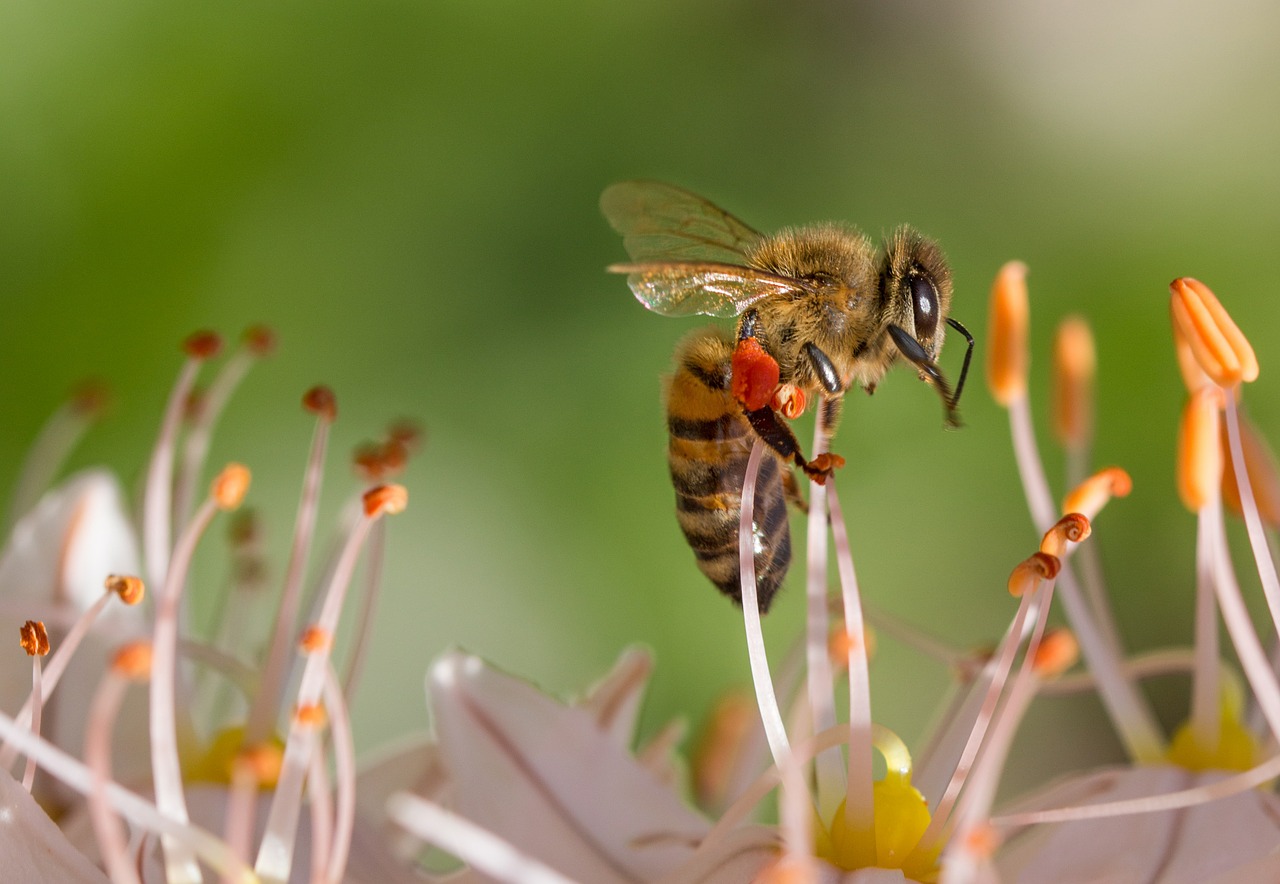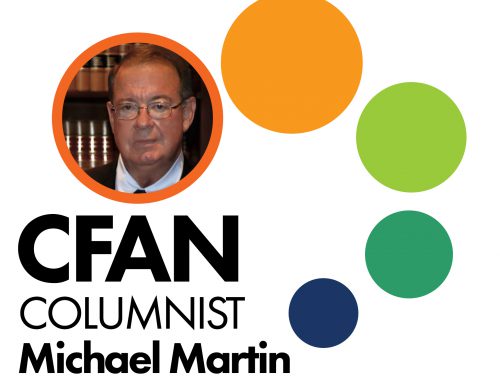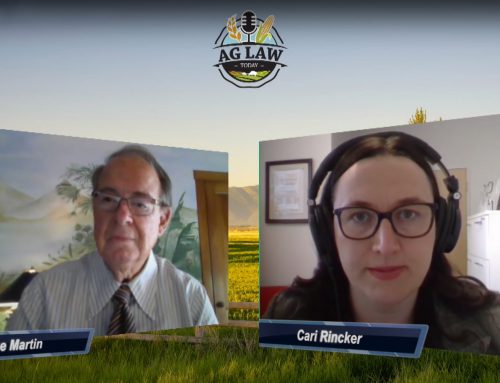Bees and other pollinators are central to the success of our agriculture industry, so it’s always good news when steps are being taken to help bees and pollinators. Such an example is the recent partnership between The Wildlife Society and the Feed a Bee program, operated by life-science group Bayer: Science for A Better Life, that is creating such masterpieces through a series of native wildflower planting events to benefit bees and other pollinators. Florida bees will benefit along with bees in three other locations through the planting of 50 million wildflower seeds.
Benefiting Florida Bees
The month-and-a-half forage tour is aimed at creating forage hot spots for pollinators like Florida bees. This bee and pollinator protection program will bring together The Wildlife Society, the Feed a Bee Program and regional partners to plant an array of wildflowers that regional pollinators like Florida bees can use as a food source.
In a Bayer Crop Science press release, The Wildlife Society (TWS) CEO Ken Williams said, “The Feed a Bee program is tackling a really important need for pollinators by conducting plantings across the nation this fall. At TWS, dedicated chapter members in each region are working now to identify the optimum mix of wildflower seeds to plant in each location to ensure pollinators have access to a wide variety of diverse nutrition sources when bloom occurs in the spring.”
The first three events will be in Texas, Kansas and Illinois, but the last event will benefit Florida bees. Likely in December, the Feed a Bee website maintains “Our final Feed a Bee planting of the year will be hosted in Florida with The Packers of Indian River. We will work with local beekeeping and agricultural groups to plant wildflower seeds optimized to provide forage for pollinators.”
Both the Feed a Bee program and The Wildlife Society encourage everyone to plant native wildflowers to support your regional pollinator population, much in the same way you would put out birdseed. Visit either website for tips on what to plant for your region and other ways to help pollinators like Florida bees.



